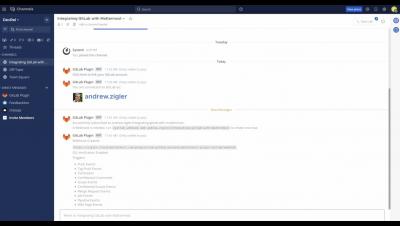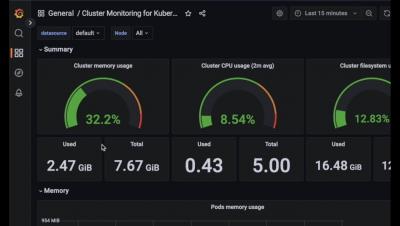A guide to static analysis in JavaScript and TypeScript
The demands of a tight production schedule can make it difficult to produce consistent, readable, and concise code in the lead-up to a manual code review. This often makes the process stressful — if not outright dreaded. Standard tests are a critical part of development that verify that our code produces the expected outputs. But great tests don’t always lead to good code.











